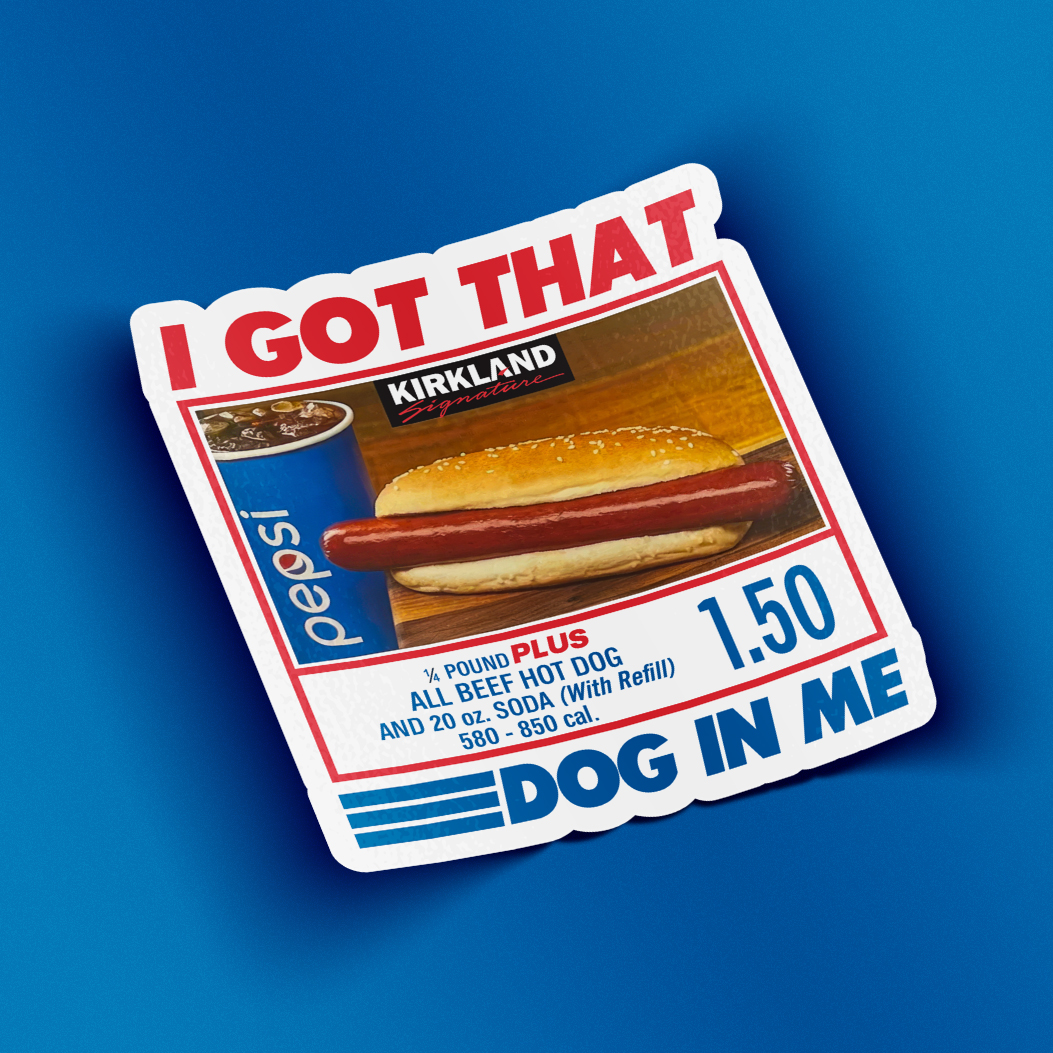Rab Noakes, the widely respected Scottish singer-songwriter, founding member of Stealers Wheel, and latter-day broadcast executive, died suddenly on Friday (11) at the age of 75.
Fellow Scottish musician and longtime friend Barbara Dickson, with whom Noakes released the EP Reunited in 2014, among other collaborations, posted: “My dear and old friend Rab Noakes has died suddenly in hospital today. I am shocked. We had so much in common – The Everly Brothers, the Flying Burrito Brothers and an enduring love of songs, particularly traditional music. Sleep well, Rab. May you rest in peace.”
Broadcaster Bob Harris wrote: “So sad to hear of the passing of Rab Noakes. As a musician, broadcaster, producer and writer, he was a torch-bearer for Scottish culture across more than fifty years and a regular contributor to my programmes from OGWT [the Old Grey Whistle Test] to @BBCRadio2 But more – he was a kind and caring man #RIP.”
The Musicians’ Union added: “We are deeply saddened by the passing of our dear friend, colleague and lifelong activist, Rab Noakes. Rab served the MU tirelessly. He was a committed and valued trade unionist. He fought for what was right, always.” Musician and broadcaster Roddy Hart observed: “We will keep his memory alive in the songs he brought us, and the wisdom he left us. Go easy Rab, and – in your own words ‘lotsa love, man.’”
Noakes was born in St. Andrews, Fife, in 1947, and emerged as a singer and writer of distinction on the folk and acoustic circuit in the late 1960s. Signing with Decca, he released his debut album Do You See The Lights? in 1970, moving to A&M for his self-titled 1972 follow-up. He played acoustic guitar and sang on Can I Have My Money Back?, the 1971 debut album by Gerry Rafferty, then became a founder member, with Rafferty, Joe Egan, Roger Brown, and Ian Campbell, of Scottish pop-rock outfit Stealers Wheel. He left before they recorded their self-titled 1972 debut LP.
By that time, Noakes’ songwriting prowess had been noted by emerging Newcastle folk-rock favorites Lindisfarne, who recorded his song “Turn A Deaf Ear” for their 1970 debut album Nicely Out Of Tune, and “Together Forever” for their chart-topping 1971 follow-up Fog On The Tyne. In a 1972 interview with Let It Rock, Lindisfarne songwriter and violinist Rod Clements describes Noakes as “a beautiful guy – really good on stage – a strong guitarist with a great voice.”
Reacting to news of Noakes’ passing, Clements wrote: “Devastated to hear of the death of my old friend and longtime partner in crime Rab Noakes, from the consequences of cancer treatment 2 yrs ago. Life will be different without you Rab, but your songs will remain #Forever.”
Changing labels again, his next solo outing was at Warner Brothers, where he started a two-album stay with 1974’s Red Pump Special. It included the singles “Branch” and “Clear Day,” both of which received national UK airplay, but failed to chart. He then recorded a succession of distinguished albums including 1978’s Restless, produced by Byrds and Beach Boys alumnus Terry Melcher.
Noakes also became a senior producer at BBC Radio Scotland, later establishing his own production company, Neon, and continuing to record and perform as a much-loved figurehead of the roots music circuit. His 20th solo record Welcome To Anniversaryville was released in 2018. Folk Radio called it “an album of pure delight,” noting: “When a musician is at the top of their game, as Rab so clearly is here, the results can be compelling.”
From the social media of the late Rafferty, his daughter Martha wrote: “Reeling from the sudden death of Rab Noakes today. A lifelong partner in song to Gerry, they shared so much through the songs they sang together, wrote for each other and mutual appreciation of each other’s music.”


